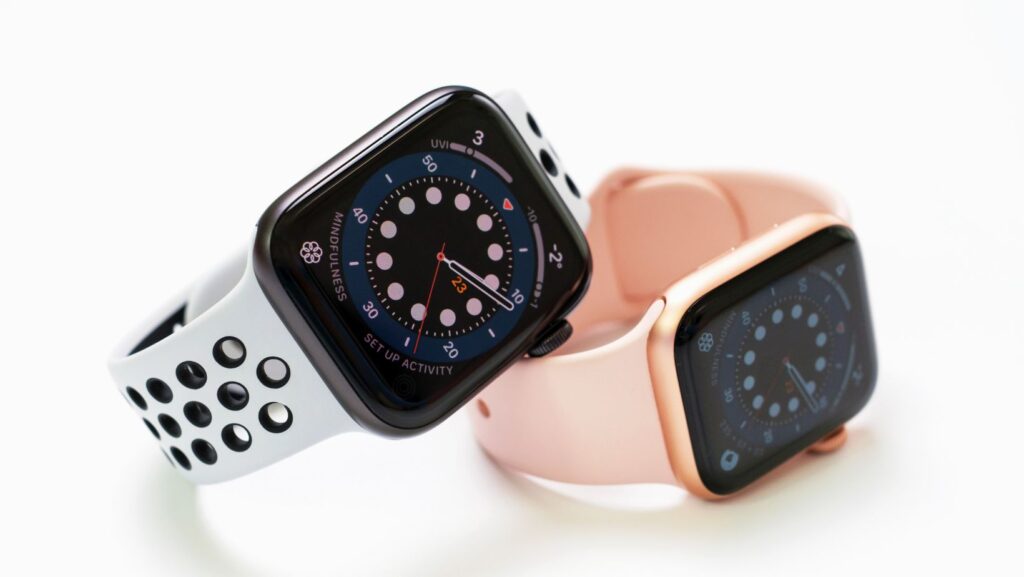In the past decade, we’ve seen a gradual blending of fields that once seemed worlds apart. The intersection of health, technology, and digital marketing has opened up entirely new ways for healthcare providers to connect with their patients, especially through the wide-reaching potential of online platforms. What once involved simply scheduling appointments and receiving treatment now includes carefully crafted online strategies. Providers can engage patients at every level, from daily health tips to managing chronic conditions. It’s all done through the glowing screen we carry in our pockets.
But how exactly do these three fields – health, technology, and digital marketing – interact, and what does this mean for the future of healthcare?
A Prescription for Connection: How Technology Enhances Healthcare Engagement
Let’s start with the role technology plays in healthcare today. Gone are the days when a doctor’s office was your only point of contact. Whether you’re using telehealth services for a remote consultation or downloading an app to track your latest fitness goals, technology is constantly in the background, helping you manage your health with a few taps or swipes.
But here’s where it gets interesting. Technology makes health management easier and fosters a direct and consistent connection between healthcare providers and patients. Instead of a one-and-done interaction, there’s now a more fluid relationship. Health-related apps allow doctors to follow up with their patients long after the check-up, helping them stick to their care plans. This creates a sense of constant support for the patient – like having a mini healthcare team in your back pocket.

And then, of course, there’s data. Patients’ health data can be collected and analyzed to provide tailored care. However, data is also the secret sauce in digital marketing. It allows healthcare providers to reach the right people with the right message – whether they’re offering guidance on managing diabetes or promoting a new treatment option.
The Digital Doctor Will See You Now: Digital Marketing’s Role in Healthcare
Digital marketing takes this data and turns it into something meaningful. A doctor’s office isn’t just a brick-and-mortar location anymore; it’s also a website, an Instagram profile, and an email newsletter. Digital marketing strategies allow healthcare providers to make themselves visible online where their patients are already spending time.
But this isn’t just about promoting the next big thing in medical breakthroughs. It’s about engagement – building trust, providing value, and creating relationships. Digital marketing gives healthcare providers the tools to connect with patients more personally. For example, a blog post on healthy living tips or a series of videos explaining complex medical procedures in simple terms can bridge the gap between healthcare professionals and patients. It makes healthcare less intimidating and more approachable.
Targeted advertising also plays a critical role here. Think about it: a rehabilitation clinic specializing in addiction treatment could offer the best care available, but without visibility, those in need might never find it. Providers can use strategies such as PPC for rehab centers to ensure their message reaches individuals searching for specialized addiction treatment services. This method connects people to the help they need when they need it most, offering hope and practical solutions at a critical moment.
Building a Trust Bridge: Transparency and Online Patient Engagement
It’s not enough to simply be seen online – patients need to feel connected to their chosen healthcare providers. Transparency becomes essential. Patients today are more informed, skeptical, and involved in their health decisions. This is where digital marketing becomes less about selling and more about building trust.
Healthcare providers who try to educate their patients through blog posts or social media updates show they care about more than just appointments. They are investing in the long-term well-being of their patients. Imagine a patient looking up information about hypertension management. They come across a detailed, easy-to-understand article on a healthcare provider’s website. This isn’t just a good SEO strategy – it’s creating trust. That patient is more likely to visit that healthcare provider, knowing they’ve already received valuable information.
Transparency also comes through in reviews and patient testimonials. In the digital age, word of mouth has shifted to online platforms. Potential patients look at reviews to gauge the quality of care and the reliability of a provider.

That means a doctor’s reputation now rests partly on their online presence. Engaging with patients online – whether through responding to reviews or offering consistent, clear communication – shows a level of care that resonates with today’s digitally savvy patients.
Where We’re Headed: The Future of Health and Digital Marketing
So, where do we go from here? The intersection of health, technology, and digital marketing is more than just a trend. It’s shaping how we approach healthcare, both from the provider’s perspective and the patient’s.
In the years ahead, we can expect even more personalized care. Artificial intelligence (AI) and machine learning are already starting to play a bigger role, helping healthcare providers predict patient needs and tailor their approach accordingly. Imagine a world where your healthcare provider knows what you need before you even step into the office – or, in this case, log onto the telehealth platform. By combining health data with advanced marketing strategies, healthcare could evolve into a more customized, user-friendly experience.
The role of digital marketing in this transformation will continue to grow. It’s not just about selling a product or a service; it’s about creating meaningful, long-lasting relationships between healthcare providers and their patients. Technology is at the heart of it all, helping us connect in ways we never imagined before.
Conclusion: A New Era of Engagement
In closing, the intersection of health, technology, and digital marketing is changing the game for healthcare providers and patients. It’s no longer enough to provide care simply – healthcare providers must engage, educate, and connect with their patients through the tools of the digital age. Blending these fields isn’t just a passing phase; it represents a new era of healthcare engagement, one where we are more connected, informed, and empowered in our health decisions than ever before.
Who knew that our smartphones, once just a way to check the weather, would be our closest ally in managing our health? It’s a brave new world – but one that’s worth embracing.



